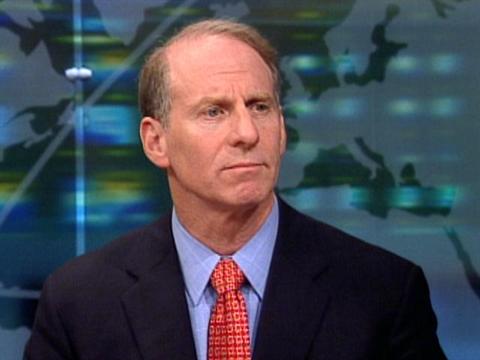
From Richard Haass, TIME: The good news is that there is doctrine that fits the U.S.’s circumstances. It is one that judges the world to be relatively nonthreatening and makes the most of this situation. The goal would be to rebalance the resources devoted to domestic challenges, as opposed to international ones, in favor of the former. Doing so would not only address critical domestic needs but also rebuild the foundation of this country’s strength so it would be in a better position to stave off potential strategic challengers or be better prepared should they emerge all the same.
My term for such a doctrine is restoration: a U.S. foreign policy based on restoring this country’s strength and replenishing its resources—economic, human and physical. . . .
Restoration is very different. The U.S. would continue to carry out an active foreign policy—to create international arrangements to manage the challenges inherent in globalization, to invigorate alliances and partnerships, to deal with the threats posed by an aggressive North Korea, a nuclear-armed Iran and a failing Pakistan.
But under a doctrine of restoration, there would be fewer wars of choice—armed interventions when either the interests at stake are less than vital or when there are alternative policies that appear viable. Recent wars of choice include Vietnam, the second Iraq war and the current Libyan intervention. There would, however, continue to be wars of necessity, which involve vital interests when no alternatives to using military force exist. Modern wars of necessity include the first Iraq war and Afghanistan after 9/11. Interestingly, Afghanistan evolved into a costly war of choice early in 2009 when the Obama Administration sharply increased force levels and elected to target the Taliban and not just al-Qaeda.
The adoption of a doctrine of restoration would lead to the rapid drawdown of U.S. forces from Afghanistan. U.S. interests do not warrant an investment of $2 billion a week even if efforts succeed, which is unlikely given the weakness of Afghanistan’s central government and the existence of a Taliban sanctuary in Pakistan. The goal should be to reduce U.S. spending on the order of $75 billion to $100 billion a year, something that could be achieved by reducing troop levels to below 25,000 over the next year and by ending combat operations against the Taliban. U.S. policy instead would focus on counterterrorism operations, training and advising.
Under a doctrine of restoration, the U.S. would limit what it does in Libya and avoid any new humanitarian intervention except when the threat is large and not in doubt, the potential victims have requested help, there is substantial international participation in the mission, there is a high likelihood of success at a limited cost and other policies are judged inadequate. Libya failed to meet several of these tests. . . .
Restoration is not just about acting more discriminating abroad; it is even more about doing the right things at home. The principal focus would be on restoring the fiscal foundations of American power. The current situation is unsustainable, leaving the U.S. vulnerable either to market forces that could impose higher interest rates and draconian spending cuts or to the pressures of one or more central banks motivated by economic or conceivably political concerns.
Reducing discretionary domestic spending would constitute one piece of any fiscal plan. But cuts need to be smart: domestic spending is desirable when it is an investment in the U.S.’s human and physical future and competitiveness. This includes targeted spending on public education, including at the community-college and university levels; modernizing transportation and energy infrastructures; and increasing energy efficiency while decreasing dependence on Middle East oil. Spending cuts should focus on entitlements and defense. Further deficit reductions can be achieved by reducing so-called tax expenditures such as health care plans and mortgage deductions. The goal should be to reduce the deficit by some $300 billion per year until the budget is balanced but for interest payments on the debt.
Haass is the president of the Council on Foreign Relations. (photo: CBS News)
Image: cbsnews%207%2022%2011%20richard%20haas.jpg
